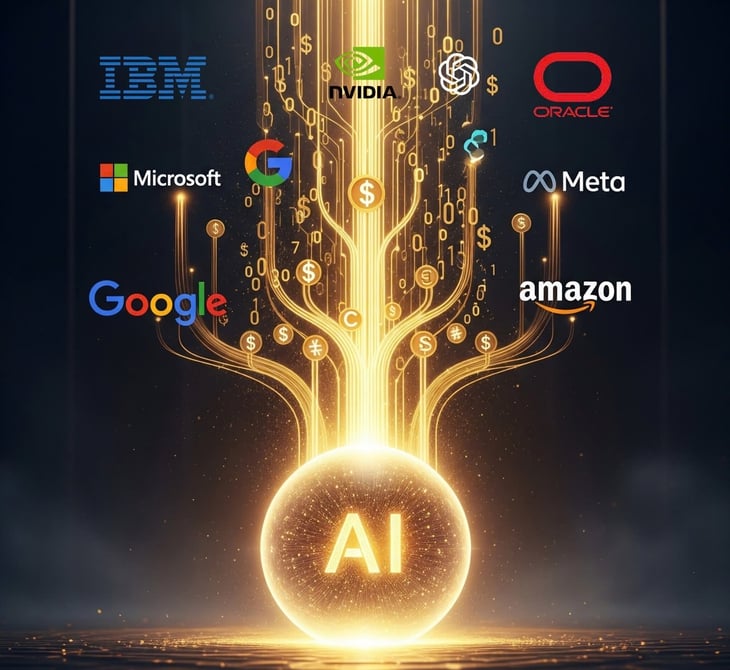
Big Tech and the Trillion-Dollar Race to Artificial Intelligence
By 2025, artificial intelligence will have become the biggest game in the history of technology. According to Bloomberg and Financial Times, the four US tech giants Microsoft, Google, Amazon and Meta alone have spent a total of more than 320-344 billion USD on AI and related infrastructure.
Microsoft is spending nearly $100 billion to build supercomputers and integrate AI into Office, Windows, and Azure. Google is raising its budget to $85 billion, focusing on the Gemini model and a next-generation search engine.
Amazon is spending $118 billion on data center expansion to bolster AWS’s AI offerings. Meanwhile, Meta is investing about $70 billion in generative AI, the metaverse, and hardware.
These massive investments show that AI has become the core infrastructure of the global digital economy , far surpassing the fever that occurred during the dot-com era.
How do users benefit?
The investment boom has quickly translated into real benefits. In the US and Europe, Microsoft’s Copilot and Google’s Duet AI have become familiar tools in offices, allowing employees to prepare reports and presentations in just minutes, helping businesses save significantly on operating costs.
In Asia, Japan and South Korea have implemented bilingual AI tutor models that personalize learning paths. Even in the US, AI is recognized as a legitimate tool in academic research and innovation.
In the medical field, major hospitals have applied AI to analyze X-rays and MRIs, shortening diagnosis times and improving accuracy. The entertainment industry is also changing dramatically, with tools like MidJourney, Sora or Suno allowing anyone to create photos, music and videos with just a few lines of code.
In Vietnam, AI has begun to be applied in finance, online education , customer care and healthcare. Some large hospitals are testing AI in image diagnosis, while domestic technology companies are developing Vietnamese virtual assistants and smart learning platforms...
The All-Powerful Digital Assistant of the Future
The current conveniences are just the beginning. In the next 5-10 years, AI is predicted to develop into a "universal digital assistant", present in most fields. Offices can operate effectively with half of the current staff when repetitive tasks are delegated to AI.
In education, students in remote areas can access AI teachers who speak ethnic minority languages, bringing high-quality knowledge to every family.
In healthcare, AI will analyze genetic data, lifestyle, and medical history to create personalized treatment plans for each patient, while virtual doctors providing remote consultations are likely to become the norm. In the creative sector, individuals will be able to make films, write music, or create games, opening up a mass creative economy.
Along with the benefits, AI also poses significant challenges. Repetitive jobs are at risk of disappearing, forcing workers to learn new skills. Privacy is also at risk as personal data, from search histories to medical records, can be mined to train models.
In particular, over-reliance on Big Tech puts many countries, including Vietnam, at risk of becoming passive customers instead of proactively developing technology.
AI has been and is bringing clear benefits to users around the world. But the big question remains: will this technology truly be distributed fairly to all, or will it usher in a new era of monopoly where Big Tech holds all the power?
Source: https://tuoitre.vn/nghin-ti-do-do-vao-ai-nguoi-dung-duoc-gi-tu-cuoc-choi-big-tech-20250903112339578.htm


![[Photo] Prime Minister Pham Minh Chinh attends the groundbreaking ceremony of two key projects in Hai Phong city](https://vphoto.vietnam.vn/thumb/1200x675/vietnam/resource/IMAGE/2025/9/27/6adba56d5d94403093a074ac6496ec9d)





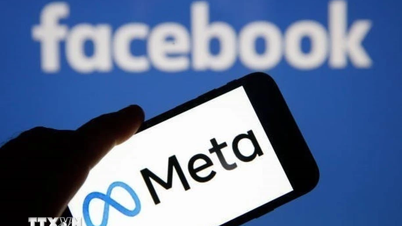








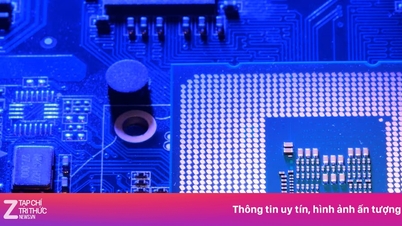

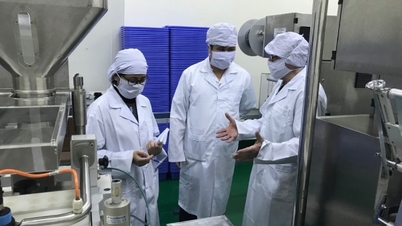




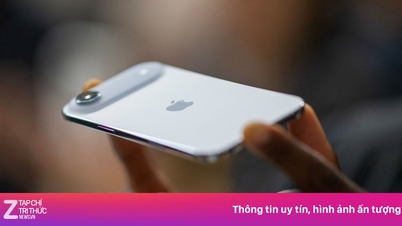






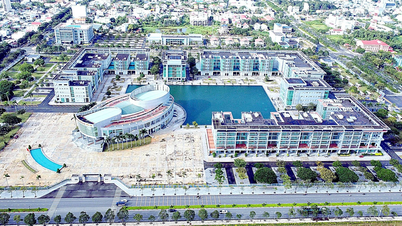
















































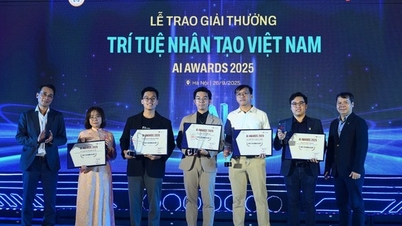











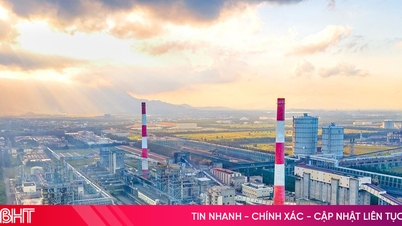















Comment (0)